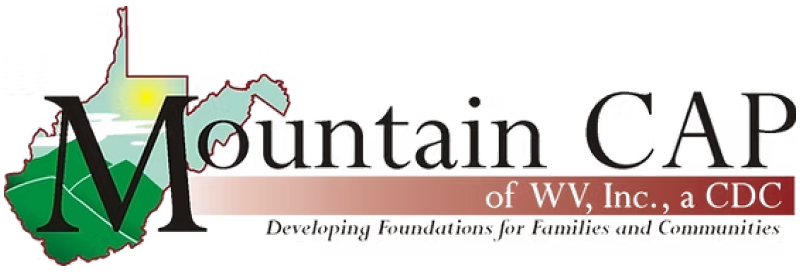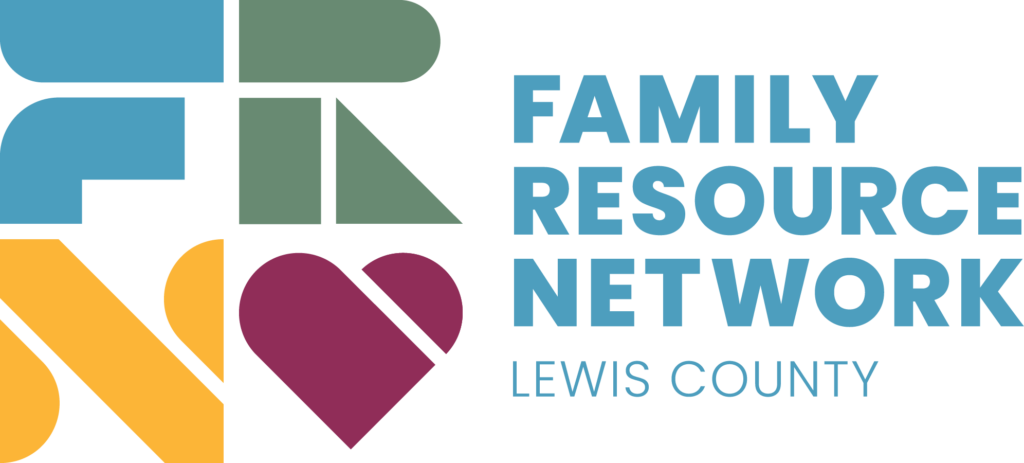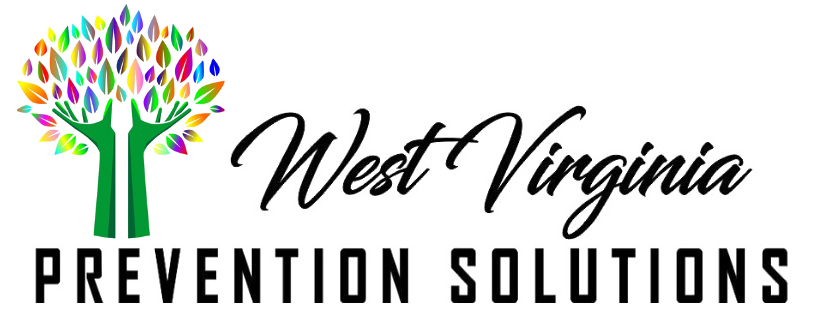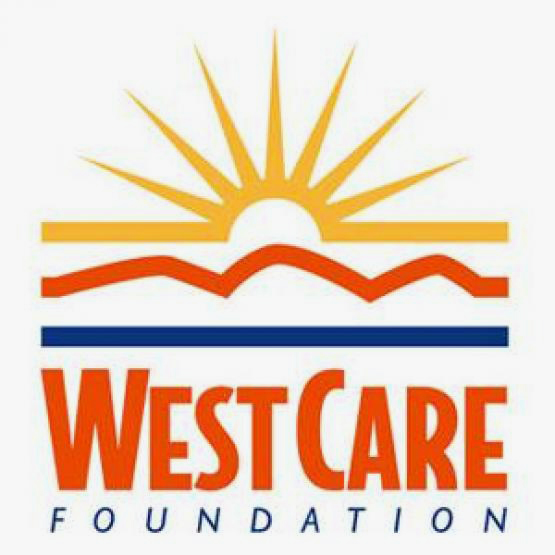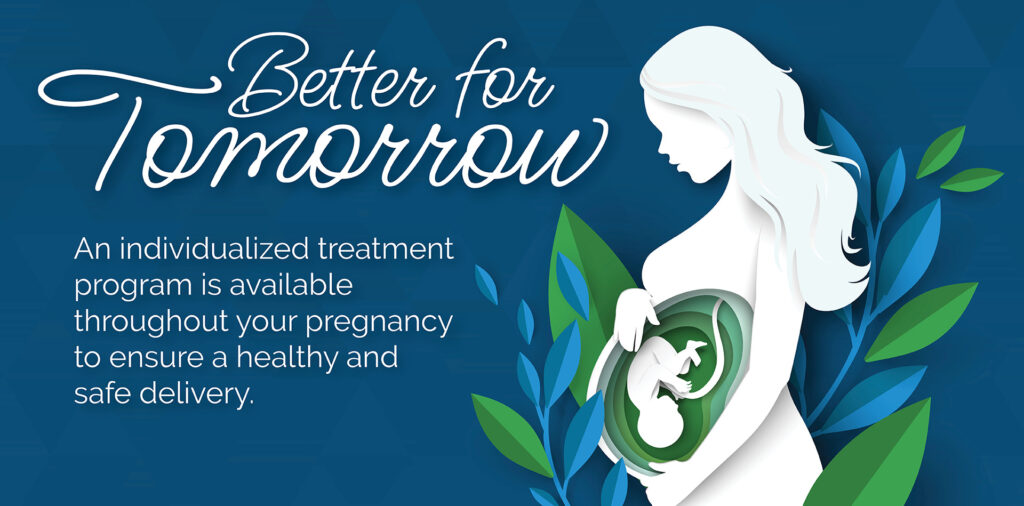
Better for Tomorrow is a message of hope if you are pregnant and using substances. With a personal treatment plan through all phases of pregnancy, Better for Tomorrow is your next step toward recovery in a caring and judgment-free program.

Better for Tomorrow is a whole-person approach to pregnant mothers who are struggling with alcohol, marijauna, opioids or other substances. With early intervention, counseling, and compassionate prenatal care, a care team will create a personalized treatment plan that’s best for you and your baby. Get the immediate support you need during pregnancy, delivery and parenting with family-based care that will connect you with nutritional support, healthcare insurance enrollment, family programs and ongoing counseling and treatment options.
We care about you and your baby’s wholeness and complete healing. Our team will support you in multiple areas of life throughout your recovery journey and beyond, helping you find emotional, social, and physical healing from the disease of addiction.
For more information, please contact Cary Bennett at cary.bennett@ccwv.org or (304) 644-6557.
The Rural Communities Opioid Response Program (RCORP) Neonatal Abstinence Syndrome (NAS) is a HRSA funded program with a purpose to reduce the incidence and impact of NAS in rural communitites by improving systems of care, family supports, and social determinants of health.
Together with its Consortium of providers and other key stakeholders, Community Care of West Virginia will provide services to individuals with SUD/OUD within the target rural service area who are at risk of becoming pregnant, are currently pregnant, and/or have recently given birth, as well as their families. CCWV will take the lead in addressing the need for contraception, prevention and treatment access to individuals of childbearing age, who have, or are at risk for, SUD/OUD. Clearly, the in-utero exposure of infants to substances is rising along with the drug use rates in this region, putting more women and infants at risk for potentially long-term negative consequences.
A united partnership with St. Joseph’s Hospital, WVU Medicine’s OB-GYN department will expand this project’s impact. This project will also extend efforts to improve NAS affected infants by engaging mothers and families with additional supportive services to aid in early childhood development. This Consortium will also spearhead efforts to educate key groups on best practices that improve the engagement and/or early intervention of individuals of childbearing age into treatment. Evidence based information will be disseminated to engage those in need of treatment services. In addition, expanding education and decreasing stigma throughout the target rural service area will be addressed though a series of monthly educational seminars and trainings.
This web page is supported by the Health Resources and Services Administration’s (HRSA) Rural Communities Opioid Response Program (RCORP) Neonatal Abstinence Syndrome grant program as part of an award totaling $1,500,000 (Grant Number G26RH49891). The contents are those of the author(s) and do not necessarily represent the official views of, nor an endorsement by, HRSA, HHS, or the U.S. Government. For more information, please visit HRSA.gov.





